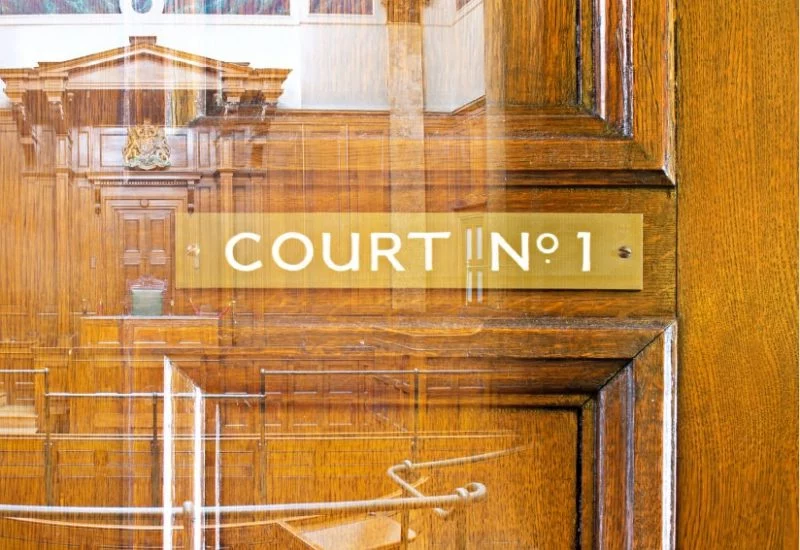- 17 Feb 2020
- •
- 3 min read
Government confirms they have no plans to reform Bereavement Damages

The Ministry of Justice have now ruled out any significant reform to the system of Bereavement Damages in England and Wales.
Currently, under section 1A of the Fatal Accidents Act 1976 (FAA), the surviving spouse or civil partner or, where the deceased was a single minor, the parents of a person killed as a result of negligence can pursue a Bereavement Award (along with other potential losses). Since April 2013 this Bereavement Award has been set at £12,980.
Smith v Lancashire Teaching Hospitals NHSFT
In late 2017, in the case of Smith v Lancashire Teaching Hospitals NHSFT (Rev 2) [2017] EWCA Civ 1916 the Court of Appeal opened up speculation as to whether the current regime would be amended. In that case the Claimant was the surviving unmarried partner, cohabiting with a man who had died as a result of clinical negligence.
The Claimant argued, amongst other submissions, that the categories of people entitled to a Bereavement Award should be read such that it mirrored the wider list of people who could bring a dependency award (in section 1 of the FAA) and that, in the alternative, section 1A breached Article 8 of the European Convention on Human Rights (pursuant to the Human Rights Act 1998) in violating her right to respect for family and private life.
The High Court had initially dismissed the claim on a strict interpretation of the FAA and considering that the issue did not fall within Article 8. However, the Court of Appeal disagreed and made a declaration that section 1A of the FAA was incompatible with the European Convention on Human Rights, essentially prompting the government to have to review the issue. Some practitioners had believed that this could prompt the government to extend matters further regarding bereavement awards.
The government’s conclusion
However, although agreeing that the level of the award will be increased with inflation and extended to cohabitees, the Ministry of Justice have now confirmed:
‘The government does not accept that the existing provisions on Bereavement Damages are discriminatory… It believes that the existing system involving a fixed level of award and clear eligibility criteria represents a reasonable, proportionate and practical approach, and does not have any plans for wider consultation on the bereavement damages regime or the FAA more generally.’
The Full government response can be read here.
It therefore now appears that there is little prospect of any further widening of the Bereavement Damages system.
James Braund, Senior Associate specialising in Personal Injury Claims, states that “this indication from the MOJ will come as a significant disappointment to Claimants in many fatal accident claims. The Association of Personal Injury Lawyers have long campaigned for Bereavement Awards to be extended to a wider class of people and to be increased more in line with awards in other parts of the UK, such as Scotland and Northern Ireland, where, as my colleague, John Hall, noted last year (click here to read) awards are generally higher. Cases can arise where someone has died as a result of negligence, however, because there is no surviving spouse or dependant, the potential value of any claim would be extremely low.”
Kelvin Farmaner, Partner and Head of Insurance And Regulatory, comments “Many insurers will endorse the government’s approach as a sensible one in the circumstances. On the one hand it recognises the need for bereavement damages to be updated to reflect inflationary demands as well as societal changes such as the prevalence of and significance of relationships involving cohabitees. On the other hand it does not bow to pressure to assess quantum on a case by case basis given the obvious uncertainty that would create and the increased costs that would result.”





